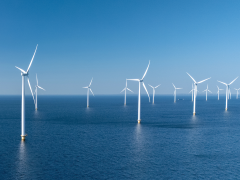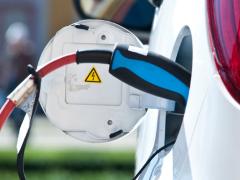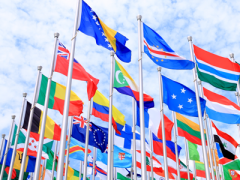Trade-offs and synergies between universal electricity access and climate change mitigation in Sub-Saharan Africa
Access to electricity services is fundamental to development, as it enables improvements to the quality of human life. At the same time, increasing electricity access can have notable consequences for global climate change. This paper analyses trade-offs and synergies between achieving universal electricity access and climate change mitigation in Sub-Saharan Africa, using the IMAGE-TIMER integrated assessment model. For this purpose, we analysed developments in a number of indicators that describe demand, production, and costs of the future power system under various scenarios with and without climate change mitigation policies.
The results show that, achieving universal electricity access requires an annual investment of USD 27–33 billion until 2030 on top of baseline investment. There is a strong synergy in emissions reduction and investment savings, particularly driven by the regions’ efficiency improvements of household appliances (the purchase of efficient appliances and the efficient use of the appliances).
On the other hand, climate mitigation policies are projected to increase the cost of electricity per kWh, depending on fossil fuel share in the mix. Therefore, we conclude that, climate policies will need to be combined with complementary policies- e.g. pro-poor tariffs, fuel subsidies, and cross subsidization- to protect the poor from increasing electricity prices.
This article is available on the publisher’s website via restricted access.
Authors
Specifications
- Publication title
- Trade-offs and synergies between universal electricity access and climate change mitigation in Sub-Saharan Africa
- Publication date
- 22 December 2017
- Publication type
- Publication
- Magazine
- Energy Policy
- Product number
- 3204




